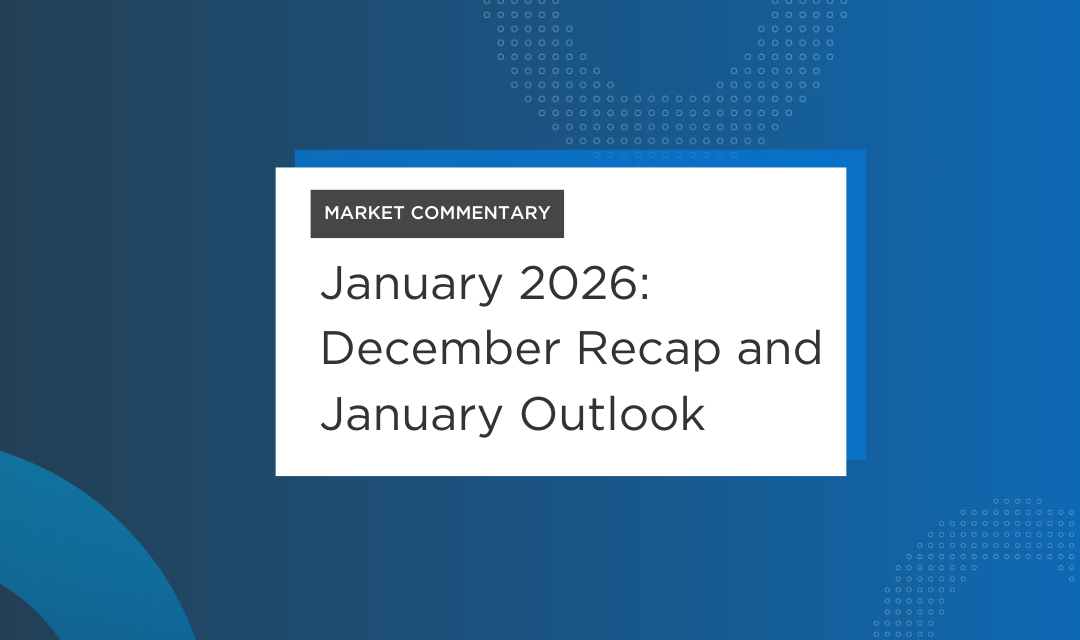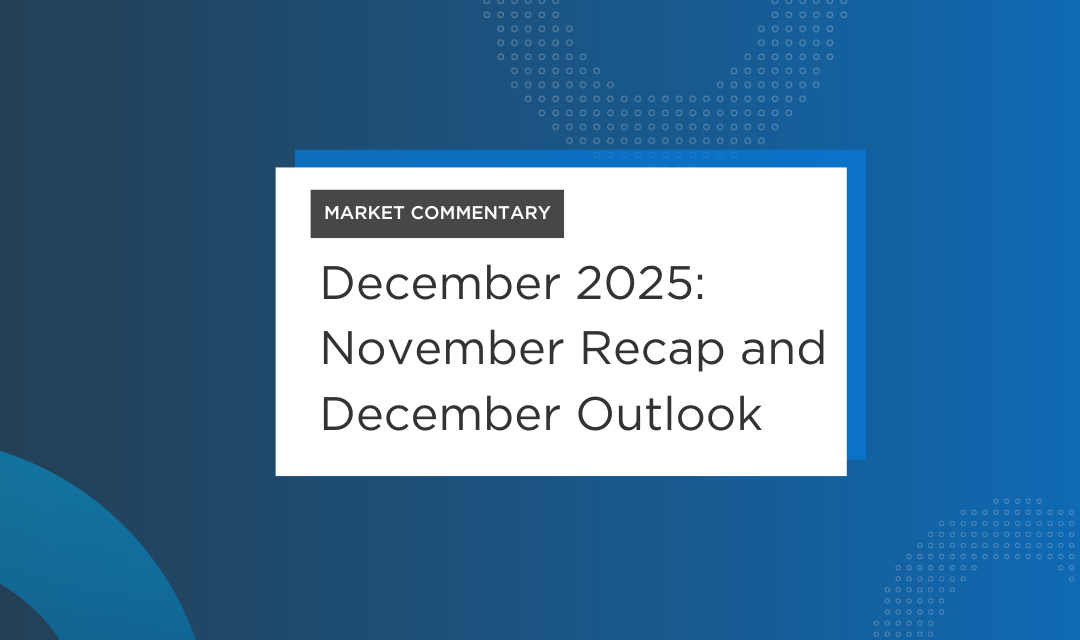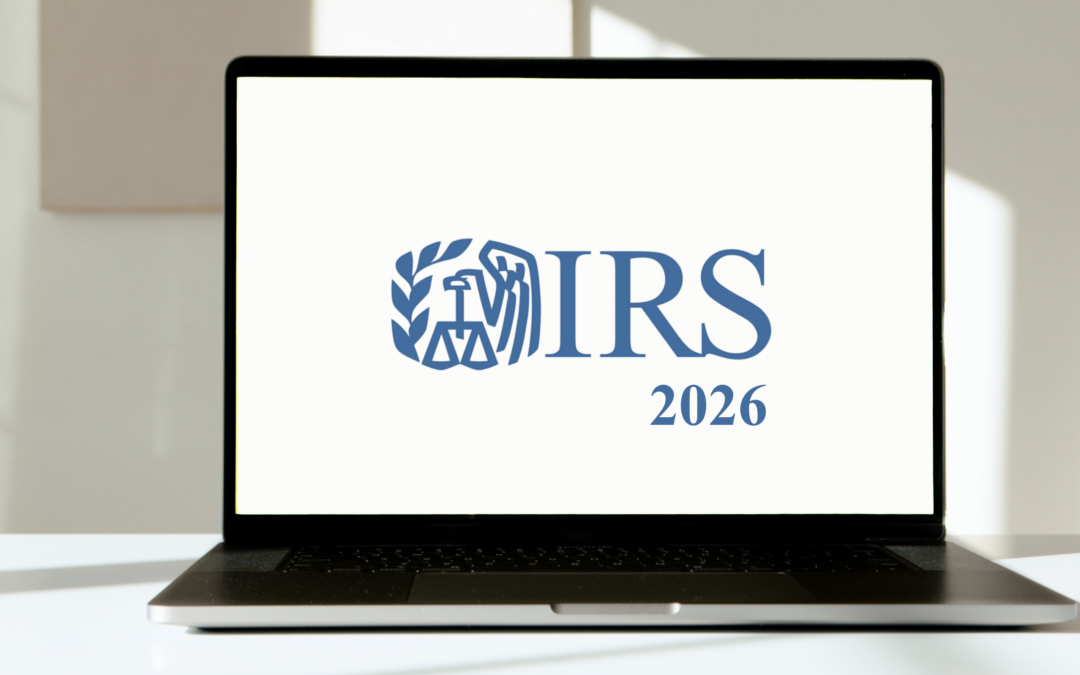5 Tips for a Burden-Free Tax Season
We know it’s coming—every year. For some of us, it’s a great thing. For others, not so much. Tax season can mean different things to different people. However, one thing is for sure, if you know you’re going to owe, you hold off on getting it done for as long as possible.
But, you can’t hold off forever, because there is a deadline. Since we can’t avoid it, let us show you how to help ease the tax burden during tax season. Here are five hacks:
1. Get Started Early
While tax season is not something everyone looks forward to, it’s proven more complicated with new codes and credits, not to mention stimulus payments. So, it’s important now more than ever to start early regardless of the outcome.
Make sure you have access to all of the documentation you’ll need for the best possible tax outcome for you and your household. Gather records of all taxable income you earned during the year. If in doubt if income is taxable, review IRS Publication 525, Taxable and Nontaxable Income.
Some forms of taxable income that you may not have even considered, include workplace bonuses and awards (e.g., goods, services, and vacation trips) and winnings from lotteries and raffles. If you’re not familiar with found property, you should be. Found property includes anything you found and kept that did not belong to you but is now in your “undisputed possession.” And guess what, it’s also taxable.
Getting started early doesn’t necessarily mean getting started as soon as the new year comes in. It also means doing things within the tax year to work towards the most profitable tax return for you. Some things to consider are:
Consider selling stock if you invest.
It seems like more of us are seeking investment opportunities. And why not, when platforms exist that make it easy for just about anyone to do it. The thing is, there are tax implications that come with buying stocks. You have to pay short-term capital gains on any assets you held for less than a year. But you can also consider selling stocks you’re losing money on. That means that you’re intentionally selling off assets for a loss, to offset the gains you’ve made on another asset. So in the eyes of the IRS, you might be breaking even or making less of a profit than initially expected. That strategy can help reduce your tax burden. Remember to check with your tax professional to make sure this makes sense for you.
Fill tax-advantaged retirement accounts.
If you have a 401(k) or Health Savings Account (HSA), try to fill up those accounts to their limits before the end of any given year to either defer taxes or secure a tax write-off. Money for your 401(k) is pre-taxed. Check with your employer to see if you can put extra money in your account before the end of the year to lower your tax liability. Also, if you’re enrolled in a high-deductible health plan, you can enroll in an HSA through your employer or open one on your own. If your employer offers one, you can have money put away pre-tax for healthcare-related expenses. If your employer doesn’t offer one, you can open one yourself, and all money put away can help earn you a tax write-off.
Donate to charity.
If you start getting your paperwork in order prior to the start of a new year and realize that you haven’t donated to a charity, you still have time to do so. You may be able to write off what you give to a legitimate charity. Generally, you may deduct up to 50 percent of your adjusted gross income, but 20 percent and 30 percent limitations apply in some cases.
Go solar.
Many neighborhoods are now being offered the opportunity to convert to solar. Doing so could save loads of money on your energy costs. If you live in such a neighborhood, you may want to consider converting. Not only could you save money immediately, but it could impact your tax outcome in a good way. Over the next few years, tax advantages exist for homeowners who do go solar. If going solar has been something you’ve been contemplating, you now have even more reason to convert.
2. Estimate the Outcome
Sometimes we envision the worst scenario when it comes to our taxes, but that may not necessarily be the case. Rather than playing the guessing game and assuming the worst, it may be beneficial to estimate what your tax outcome may be. Doing this could not only give you hope and make you feel a little better about tax season, but it could also provide you with some answers in knowing how to utilize your refund, if applicable.
To start, there are some great automated tax calculators available for free online, which can give you a rough idea of what your tax bill, or refund, could possibly be. Some of those resources include TurboTax, 1040.com, and TaxAct. Keep in mind, these figures are only estimates. Rely on the final number after your taxes have actually been completed.
3. Maximize Your Deductions
Remember as you’re pulling documentation together that you’re also considering everything that could be included in your deductions. From business expenses to medical, you want to ensure you have everything you need to claim these expenses.
Business expenses.
Not everyone who partakes in small business activity considers themselves a small business. But, if you drive for Uber, rent out space through Airbnb, or if your time is contracted out and you make a little money from it, you are considered a small business. That means at tax time, you can be treated as a small business. So, plan to maximize those small business activities and spending to reduce your burden ahead of time. It may take some time to go back over everything that’s taken place during the year, but in the end, it’s worth it.
So think about every business-like transaction and spending you did. Did you buy a new laptop just for the purpose of renting out your space? Or did you upgrade your cell phone just to keep up with your Uber routes, or purchase new tires to be able to continue to drive for them? If so, these expenses could be deductible.
Small business owners, including independent contractors, should always strive to make it to tax day without owing anything. (Because there is nothing worse than owing the government money that you’ve already spent!) This is why reinvesting your money in your business by spending it on qualified expenses throughout the year is a wise way to save on taxes before the season even begins.
Medical expenses.
It’s true that many of us have incurred outstanding medical debt that leaves us not knowing how we will recover from them. Previously, you could only deduct medical expenses that exceeded a small portion of your adjusted gross income. However, that was recently changed, allowing you to deduct even more. So, as you’re going through all your receipts, make sure to keep your less common medical deductions in mind when filing. Did you know you can also deduct the cost of traveling for treatment. So, don’t discard any receipts that involve medical expenses. At the most, your tax preparer will be able to determine if it’s an expense that can be used as a deductible on your taxes. Anything that will ease the burden at tax time is worth holding on to.
4. Determine If You Qualify for Disaster Relief
Nowadays, natural disasters are natural. They tend to happen more often and many, many families are impacted severely due to the devastation they’re left with. If your home or business is in an area that was affected by a natural disaster, the IRS may extend deadlines for filing returns and paying taxes. To find out whether or not you qualify for such relief, go to the IRS website and consult the Tax Relief in Disaster Situations page.
5. Create an Online Account
No one welcomes the thought of having to call the IRS to get a status update on their tax refund due to the wait time. Doing so can amount to substantial time lost that could have been given to a more deserving task. It wouldn’t hurt to have an online account with the IRS. Having an online account makes it easy for you to keep up with the status of your tax refund, and you can go back and review tax information from previous years. The platform is secure to make payments if you owe, and you can do so much more. Your balance is typically updated each night, and the service is available seven days a week, which makes it a good resource if you don’t have easy access to hard copies of previous returns. Go to irs.gov to open your free account.
Doing any or all of these things in preparation for your annual taxes could make the difference from feeling frustrated, overwhelmed, or at peace. We have to do our taxes, there’s no way around it and it shouldn’t feel like a burden. Consider simplifying your financial life by doing some basic pre-planning. Before you take any specific action, be sure to consult with your tax professional.
For assistance with your unique situation, contact a member of our team today.
TCG, a HUB International company relied upon the information provided by outside sources, and did not audit or otherwise verify the accuracy of the information in this post. Although the information in this post has been compiled from data considered to be reliable, the information is unaudited and is not independently verified. HUB International and its affiliates do not guarantee the forgoing material is accurate, complete or up to date. As a result, there is a risk the information is not accurate. The information contained in this post is not intended to be a complete discussion of all federal or state income tax requirements. This information cannot be used by an investor to avoid any income tax penalties that may be imposed under the Internal Revenue Code.
We are here to help. Get matched with a Financial Advisor:



